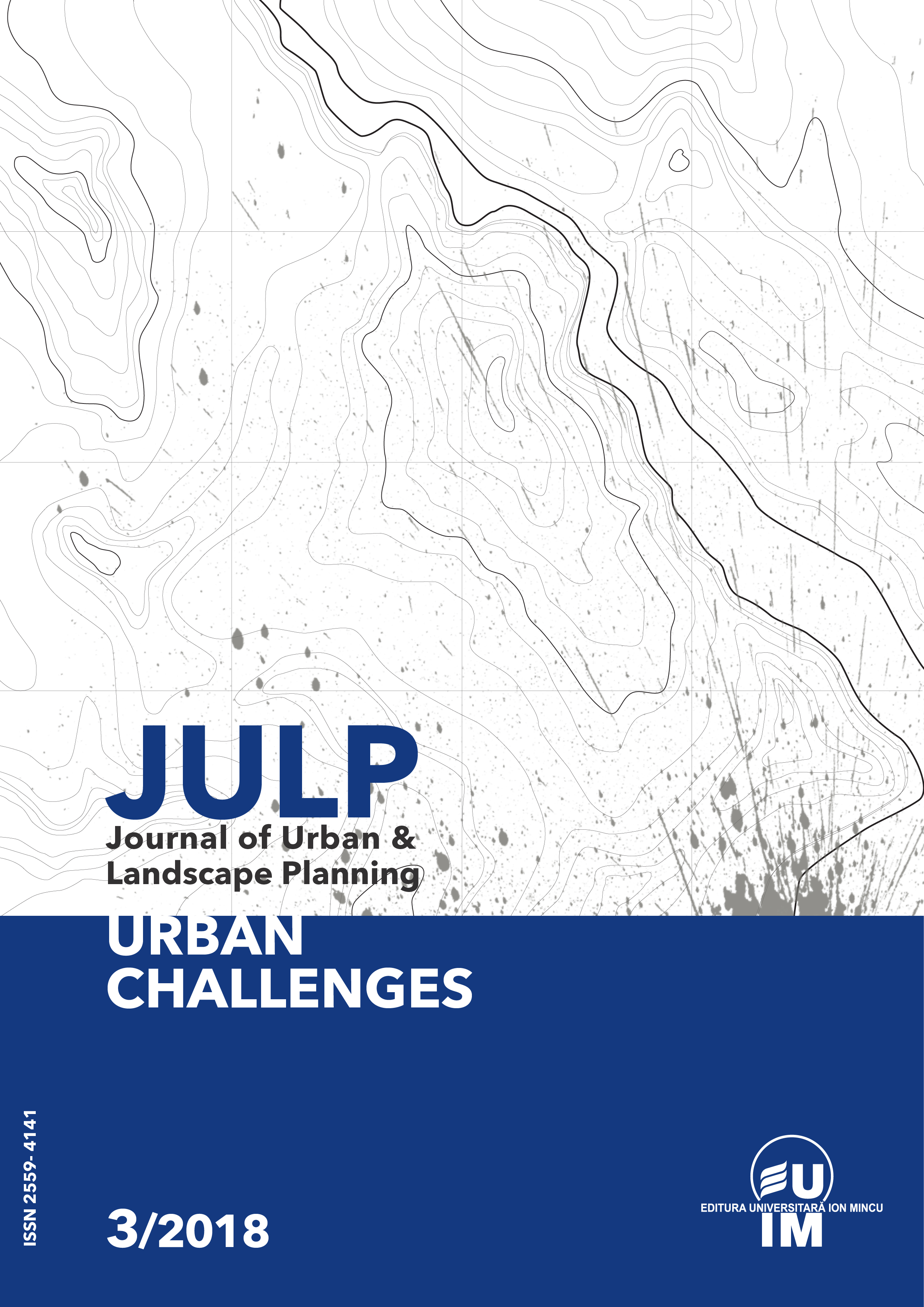Territorial resilience: an economic perspective
Territorial resilience: an economic perspective
Author(s): Daniela ANTONESCU, Bogdan CiocănelSubject(s): Social Sciences, Economy, Geography, Regional studies
Published by: Editura Universitară “Ion Mincu”
Keywords: Resilience; Regions; Territorial Inequalities
Summary/Abstract: During periods of economic growth or crisis / recession, territorial inequalities are becoming more acute. Thus, periods of economic growth determine prosperity for almost all regions, in varying proportions (as a rule, less developed regions benefit more from growth compared to developed ones), while in times of crisis the more developed regions recover more heavily than the least developed, requiring more time to reach the initial level (pre-crisis).The recent global financial crisis has prompted the emergence and promotion of a concept that has also prompted the interest of decision-makers and academics. This concept is called economic resilience and represents "the capacity of a system to resist, absorb or overcome an internal or external economic shock". This interest is also supported by the need to promote solutions and measures to reduce the negative effects of the crisis or economic recession as quickly as possible. Although there is an opinion that the 2008 crisis has ended, not all NUTS-2 regions of the EU-28 have rebounded after the economic downturn. This article aims to invalidate or confirm the subsequent claim by analyzing two indicators relevant for regional performance assessment: GDP per capita and Employment rate. The disaggregated spatial analysis highlights the more nuanced impacts of the crisis. The varied temporal and spatial geography of the crisis raises interesting questions about the relative performance of the regions from the perspective of the two indicators.
Journal: Journal of Urban and Landscape Planning
- Issue Year: 2018
- Issue No: 3
- Page Range: 51-60
- Page Count: 9
- Language: English

